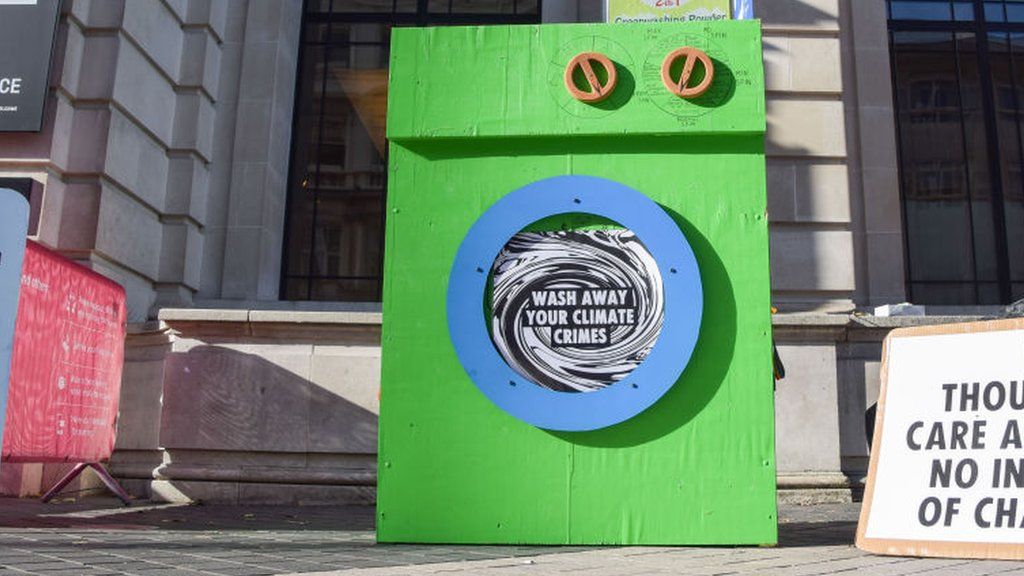Staying in for Earth Hour weekend? Here are 20+ things you can do from the comfort of your home!
In light of the ongoing health crisis as a result of the COVID-19 (coronavirus) outbreak, the Earth Hour global organizing team recommends all individuals to participate in Earth Hour virtually this year, for public health and safety.
But just because you're staying at home, that doesn't mean you can’t have a memorable Earth Hour on-the-night experience! We've put together a list of 20 things you can do at home or online this Earth Hour (Saturday, March 27 at 8:30 pm your local time) to spend the Hour with us, and help support our planet while you’re at it! Spending Earth Hour with your young ones?
Ideas for everyone:
1. Switch off your lights
This is the DNA of the Earth Hour movement and the easiest way to participate this Earth Hour. Simply switch off all non-essential lights for an hour!
2. Dinner-in-the-dark
Get some candles ready and whip up healthy and delicious meals that will make your taste buds tingle! Don't know where to start? Check out our list of 50 foods for a healthier planet and a healthier you!
Up for a challenge? Try a zero-waste cookout or put on a blindfold and try and guess what's been cooked up!
3. Join us virtually and tune in online to one of our live Earth Hour streams
From influencer Q&A sessions, to live performances and contests, stay tuned for our directory of live streams around the world you can tune in to on the night of Earth Hour! Bookmark this page for more updates to come.
4. Have a night of board games or book readings in candle-light
Note: Our Earth Hour team will not be held responsible for any friendships ruined by a game of Monopoly 😇
4. Themed movie night
Get the popcorn ready and enjoy your most treasured Disney movies or take on those Harry Potter marathons that you've been always wanting to do. You can even watch some spectacular Emmy Award-winning documentaries like Our Planet on Netflix to experience our natural world in all its glory #ShamelessPlug 😎! No Netflix? No problem! You can even catch one bonus episode for free here - Our Planet: Our Business.
Still can't get enough of nature documentaries? The Environmental Film Festival is showing a large selection of their films for free on their website for a limited time!
6. Make an impact in only 60 seconds - sign our Voice for the Planet petition
Only have a minute? Add your Voice to call on world leaders to take urgent action to protect and restore nature! Our Voice for the Planet petition will be presented at major global conferences later in the year.
7. Camp in your backyard or living room
If you love the adventure of camping outdoors, we challenge you to turn your back garden or living room into your very own camping space! Don’t have an actual tent? Why not make one with bedsheets, pillows, and other household items!
8. Minute-to-win-it
We've partnered with One Minute Briefs (OMB) to run a competition on the night of Earth Hour! Want to win £100 in cash and a tee from the Earth Hour shop? All you have to do is create a poster encouraging people around the world to take part in Earth Hour, and Tweet your entries to @OneMinuteBriefs and @earthhour with the hashtag #EarthHour! Learn more about the contest here
9. Class is in session!
Learn more about nature loss and climate change - the biggest challenges of our time - and how we can overcome them together. You'll also discover why the two are more interconnected than you might think!
10. Heads up!
Challenge each other in a game of Heads Up! You can create your own deck of nature or wildlife-related word cards. Have a guesser hold up the cards on their forehead while the rest act out the word.
11. Practice some night-photography or try out "light-painting"
Want to test your photography skills? Try taking portraits of your
family and friends in low-light or candle-light! You can also try out
“light-painting” with your camera - we recommend a tripod and a slow
shutter speed!
12. Up your sustainability knowledge and know-how
Learn what you can do in your daily life to start living more sustainably - even the smallest actions add up!
13. Create your own mini-golf course using household objects
A little friendly competition can’t hurt - up the stakes by making the loser do the dishes or any household chore 😅!
14. Create your own Rube Goldberg machine
Need inspiration? Check out what Honda and Ok Go did!
15. Challenge your artistic side with a candle-lit paint night
Feeling funky? You can also try using glow-in-the dark neon paint!
16. Write a letter to your future eco-warrior self
Do you wish to limit your water wastage or purchase eco-friendly goods more often? Why not put all of your sustainability goals into a letter for your future self! It’s a fun way to hold yourself accountable while at the same time do your part in helping our planet!
17. Eco-friendly fashion show
Turn your living room into a runway and bond with your family as you take on a fun and silly night of dressing up! Unleash your creative side by making your own costume from recyclable materials!
18. Dance the night away or hold a silent disco
Grab a pair of headphones and groove to your own favorite music! Take
it up a notch by battling it out with your family and friends in a
silent disco and claim dance floor supremacy.
Need some inspiration for your dance moves? Check out our Earth Hour Tik Tok channel (@EarthHourOfficial) and stay tuned for our dance challenges!
Need a groovy set of tunes? Check out our Earth Hour channel on Spotify! We've got our official trailer music from over the years, as well as a curated playlist of nature-inspired songs!
19. Acoustic jam session
Unleash the Ed Sheeran or Beyonce in you and sing the night away with your friends and family! For all you shower singers out there - this is your chance to shine! ⭐
20. Try Yoga at Home
Check out virtual yoga classes that start with basic beginner’s yoga poses and expand your skills as you go on. Further connect to nature and create a zen-like experience by meditating to some nature sounds on our Spotify channel, or trying some animal-inspired yoga poses!
Ideas for young ones:
1. Shadow puppet play
Want to entertain your young ones? Switch off all the lights and put on a shadow puppet play! Cut out different shapes of animals, set up a stage using cloth and light and let the shadows come to life! Further set the mood by transforming your pillows and blankets into a mighty fortress!
2. Indoor scavenger hunt
Treat your young ones to a thrilling scavenger hunt! Turn off the lights, and hide items around the house (candy and chocolate are great incentives 😂 ). Challenge your young ones to find all the hidden items within a certain time limit, using only a flashlight!
3. Take on adventures with Pocoyo
Every year, Pocoyo and friends turn off their lights during Earth
Hour! Learn with your little ones how to take care of the planet by
watching Pocoyo’s adventures, playing the Earth Hour game and completing
the activity book. There are plenty of activities to be done with
Pocoyo here!
4. Create your own tie-dye clothes
If your young one is tired of boring white socks or has too many old
t-shirts, get together to tie-dye them! All you need is a white piece of
clothing, a bucket or a basin, water, rubber bands, some gloves, and
different colored dyes. Pro tip: your tie-dye pattern depends on how you
fold and secure the fabric with your rubber band!
5. Goggles on - try a science experiment at home
Share the wonders of science with your little ones this Earth Hour!
And the best part? You don’t need a ton of supplies - you can just use
regular household items!
Be sure to share your Earth Hour experience with us using the hashtag #EarthHour! Also tag us @EarthHourOfficial on Instagram, @EarthHour on Facebook and @EarthHour on Twitter so we can easily share your posts and stories!
The blog song for today is: "all around the world" by ELO
TTFN





 Alex Kamczyc
Alex Kamczyc

